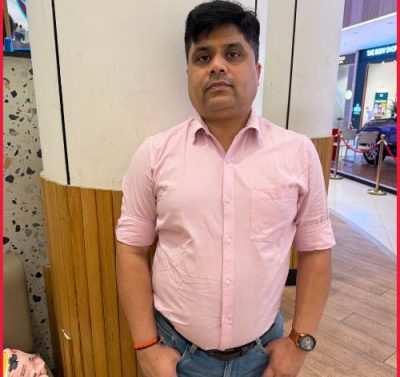Maruti Company chairman R.C. Bhargava defends the decision to give preferred equity shares to parent Suzuki Motor Corporation.
Suzuki Maruti India has around Rs 46,000 crore in financial reserves that will support its ambition to quadruple manufacturing capacity to 4 million in the next eight to nine years, according to India’s biggest automaker during its annual general meeting (AGM) on Tuesday.
Maruti Company chairman Bhargava informed shareholders that the ‘Maruti 3.0 capacity development plan will focus on diverse power trains such as electric vehicles and hybrid cars, compressed natural gas (CNG), and ethanol.
He defended the company’s choice to give preferred equity shares to parent Suzuki Motor Corporation (SMC) in exchange for acquiring its Gujarat factory. Maruti said on July 31 that it will buy out SMC’s whole stake in Suzuki Motor Gujarat Private Limited, which controls the factory. This transaction is likely to raise Maruti’s share base by around 4%. It will increase SMC’s stake in Maruti by about 1.8%.
He claims that SMC’s additional equity of 1.8% is little in comparison to acquiring a facility with an annual capacity of 800,000-900,000 units.
Transparency, economic management, and no-cash transactions, according to Bhargava, have assisted Maruti in being profitable and maintaining significant cash reserves. According to experts, maintaining unused cash reserves generally erodes shareholder value, but “I have never really understood this logic.” “It might not be correct in our case,” he remarked.
He recalled minority shareholders’ outrage in 2014 when Maruti chose to establish the Gujarat manufacturing facility and provide it with vehicles on a cost-plus basis. Bhargava stated that the corporation had around Rs 13,000 crore in reserves at the time. It presently has cash reserves of over Rs 46,000 crore and a price/earnings or P/E ratio of 30 (as of March 2023), which Bhargava stated was one of the highest in the industry.
The reserves would be useful for the Maruti 3.0 plan which needs infrastructure and support services. The cash reserves helped the company to tide over Covid-19 and the semiconductor chip crisis without hardships for employees, he said.















